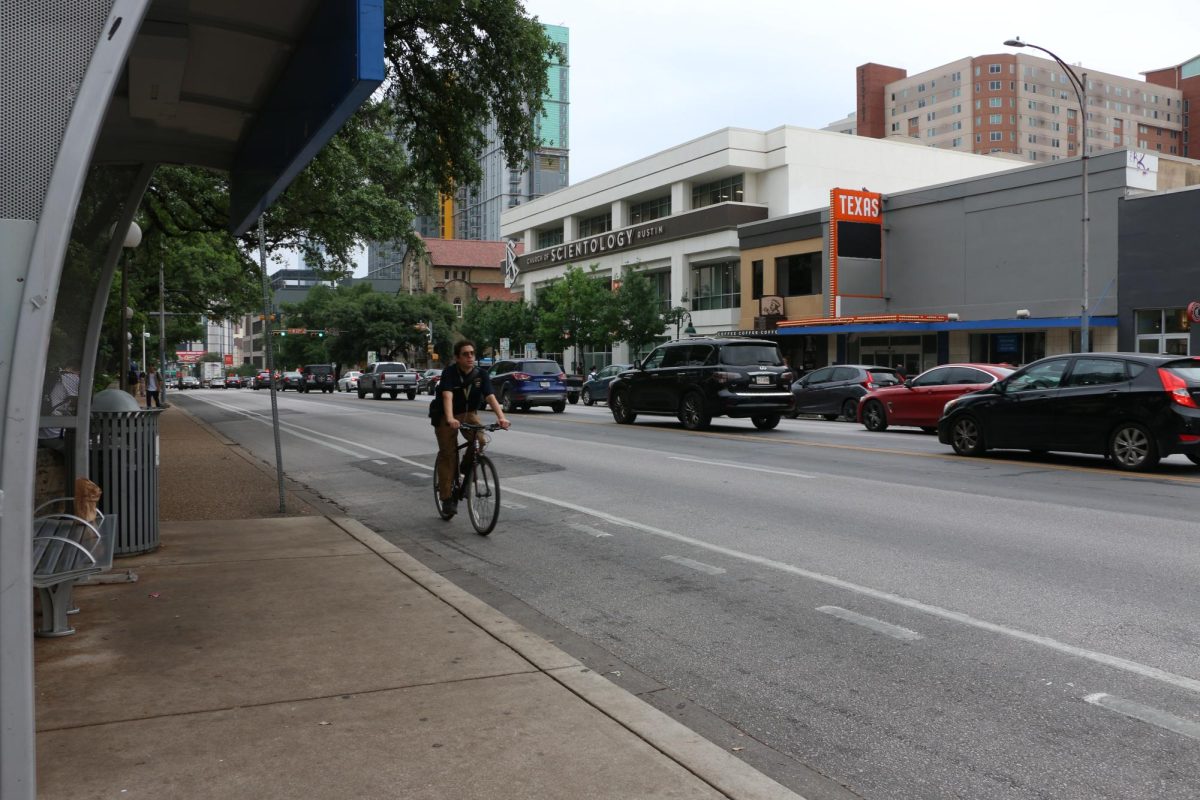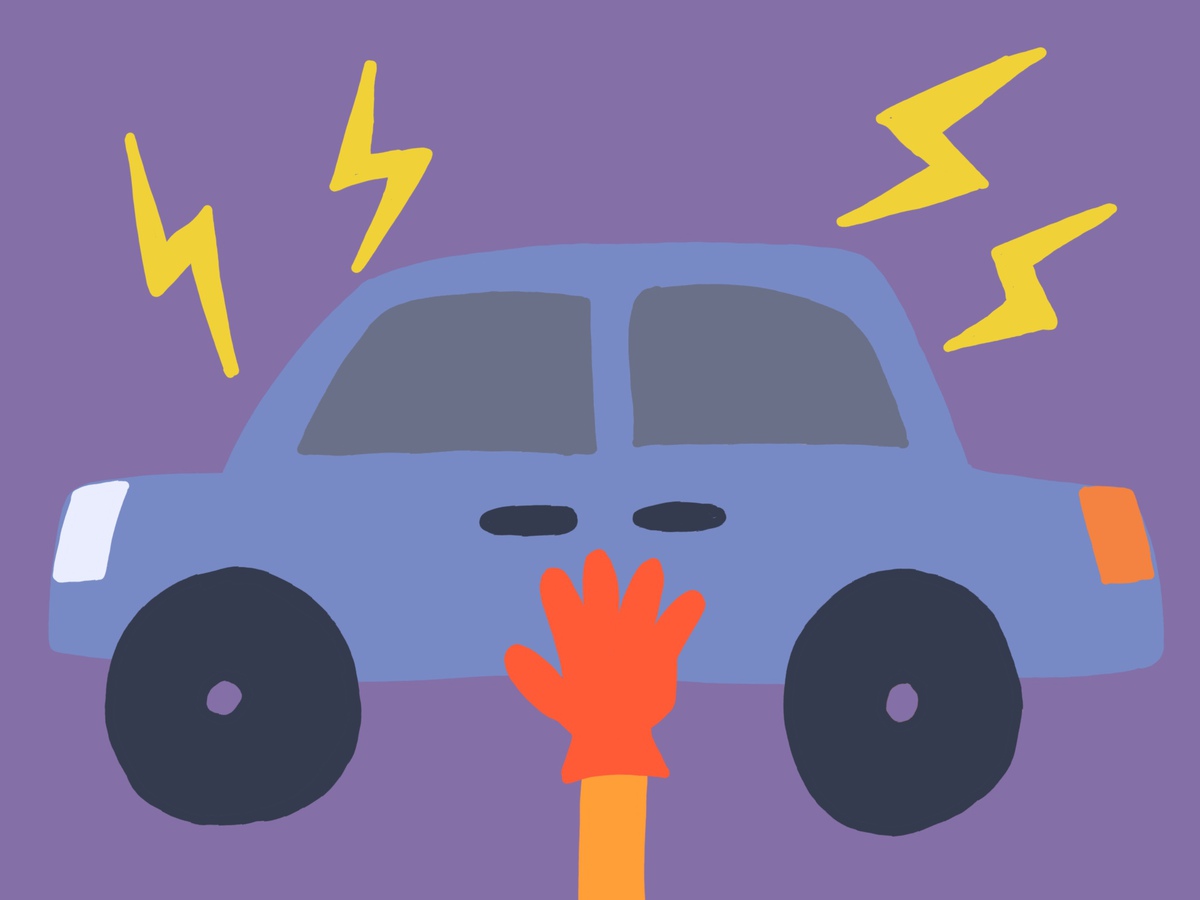Thomas King searches West Campus for parking before every shift at Caffé Medici on Guadalupe Street, where he is a manager and barista.
Like several businesses on the Drag, Caffé Medici does not have employee parking spots, and King said employees have to find parking in West Campus if they commute and don’t want to pay for a spot.
However, come December, new parking meters will eliminate many of the spots that service industry laborers use in the neighborhood.
Austin City Council approved new parking meters in West Campus in September, hoping to clear West Campus’ congested streets by producing higher turnover of parking spots. The city will begin installing the 385 new parking meters along streets including San Antonio, Nueces and Rio Grande streets in December.
“I think it’s an inappropriate and wrong way to make money,” King, who commutes from another neighborhood, said. “In some ways I feel like it’s a tax for anyone who works a service industry job. Students can buy parking spots, but not us.”
Patrick Dougan, assistant store manager at apparel store Tyler’s, said the new meters could make parking more difficult for him and his co-workers. On any given weekday at Tyler’s, there are 12 employees with cars at work but only six employee parking spots, Dougan said.
“There’s not enough parking to go around, and that’s the issue they are trying to alleviate. But it might inhibit a lot of people from being able to work,” Dougan said. “We’ve got to set an alarm and make a quick run on our breaks to pay for the meter if we don’t want to get a ticket.”
The new parking meters will have a five-hour time limit and operate Monday through Saturday from 8 a.m. to 6 p.m.
The initial meter fees will pay back the city bonds used to install the meters. Eventually 15 to 18 percent of the funds will go to improve walkways and lighting in West Campus, Brian Donovan, chair of West Campus’ neighborhood association’s parking committee, said. The rest will pay for the costs of credit card transactions, administrative expenses and other city duties.
The city and University Area Partners, the neighborhood association for West Campus, issued the plan for the new meters over the summer. The planning process began in 2009 with two meetings by Central Austin stakeholders interested in laying out a new parking plan for the neighborhood.
Donovan said the new meters will free up spaces for commuters in West Campus by requiring them to move their cars, but he added that the meters are not a long-term solution to the neighborhood’s parking problem.
“This little thing happening in West Campus is not going to be fixing very much,” Donovan said. “It’s going to help with turnover, which should presumably help businesses along the Drag. But it doesn’t help people who work there, and it doesn’t help people who live here.”
Donovan, who also serves as general administrator of the Inter-Cooperative Council, a West Campus cooperative organization, said the new meters will remove some free parking spaces that West Campus cooperatives use.
Residents at buildings that were built in or before 1959 can apply for parking permits that exempt them from paying for street parking. Before 1959, the city did not require builders to have parking available at West Campus complexes, so the city may issue exemptions to some of these residents.
The city will determine the number of parking permits issued at these residences in an assessment of need based on the ability of each building to provide parking spaces.
For now the new city ordinance states these permits will last for a year and cost $20, although that may change in the future.
Donovan said he would like to see the city implement improved rapid metro bus systems and take a study of parking around the University in order to provide alternative options for transportation that do not impede workers in West Campus.
“I think we have insufficient transportation choices now,” Donovan said. “The most effective way for workers [to get to work] now would be carpooling, but that’s still not a pretty picture. We need an assessment, and we need to look at this thing comprehensively.”
Printed on October 26, 2012 as: Added meters may hurt workers, residents





















